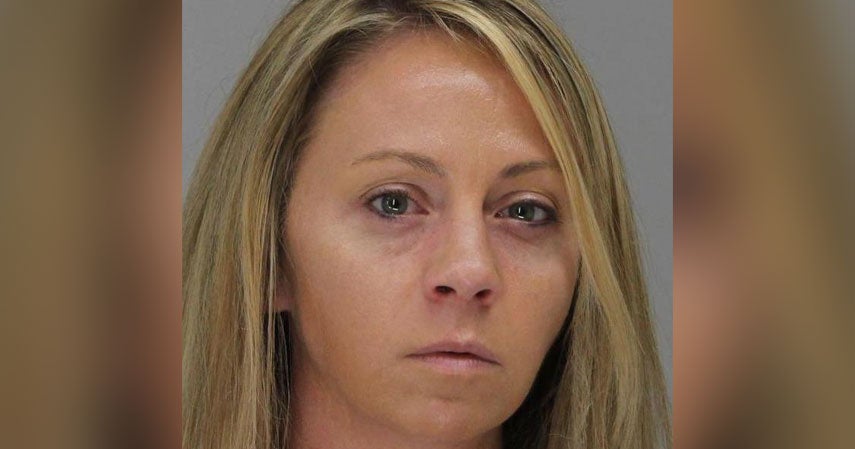Doctor explains why mammograms should start at age 40
Breast cancer screenings for women at average risk should be done every other year beginning at age 40, according to finalized guidance released Tuesday from the U.S. Preventive Services Task Force, an independent panel of national experts.
This means mammograms should start 10 years earlier than previously recommended. Dr. Céline Gounder, a CBS News medical contributor and editor-at-large for public health at KFF Health News, explains the change comes after a couple concerning trends.
"We've seen an increase in breast cancer in women at a younger age, so about 10% of breast cancers are in women under the age of 45," Gounder said Wednesday on "CBS Mornings." "In addition, Black women in particular we're seeing younger ages at diagnosis of breast cancer, more aggressive breast cancer in Black women, and they're 40% more likely to die from breast cancer than White women. So really more aggressive breast cancer screening guidelines we're hoping will help address some of these issues."
The updated recommendations are based on evidence available to the task force right now, Gounder said, adding there's still a lack of "adequate information" when it comes to how best to screen women who have dense breasts and whether women over age 75 need to continue screening.
In addition to calling for more research, the task force said, "these women should talk to their clinicians about their options for follow-up testing so that they can get the care that's right for them."
The earlier recommendations shouldn't affect insurance coverage, either.
Gounder said most women already had insurance coverage for breast cancer screening every year starting at age 40.
The Center for Disease Control says most health insurance plans are required to cover mammograms every one to two years beginning at age 40 with no out-of-pocket cost. While the Affordable Care Act provides free mammograms under these specifications, many people can be hit with unexpected bills for second looks and follow-up tests.
"These guidelines are one factor in determining breast cancer screening, but they're not the only one," Gounder said.
Other organizations already recommended annual mammograms before age 50.
The American College of Obstetricians and Gynecologists recommends beginning mammograms at age 40, every year or two, while the American College of Radiology advises getting one each year beginning at 40. The American Cancer Society recommends yearly mammograms starting at age 45, with the option to start earlier based on the individual's preference.



